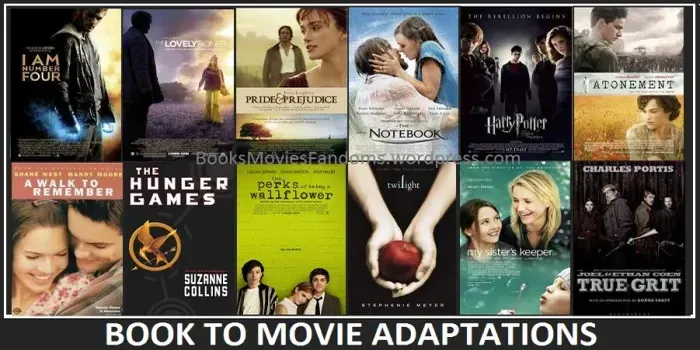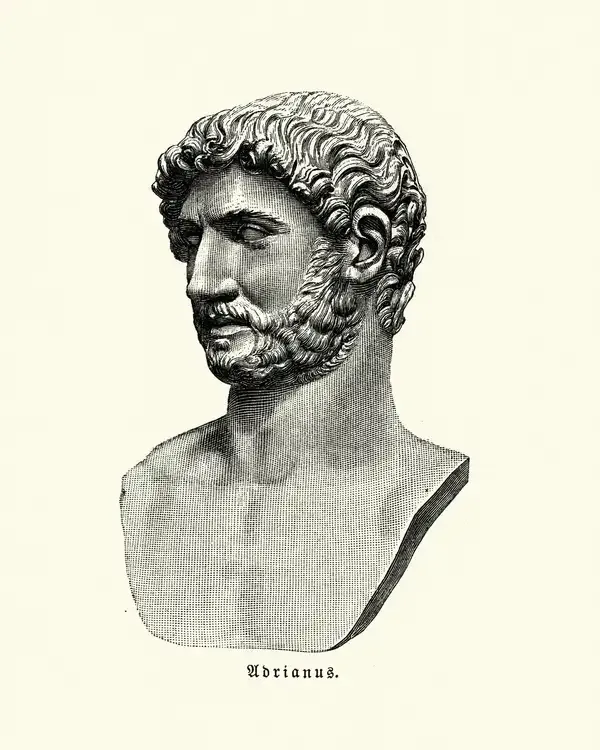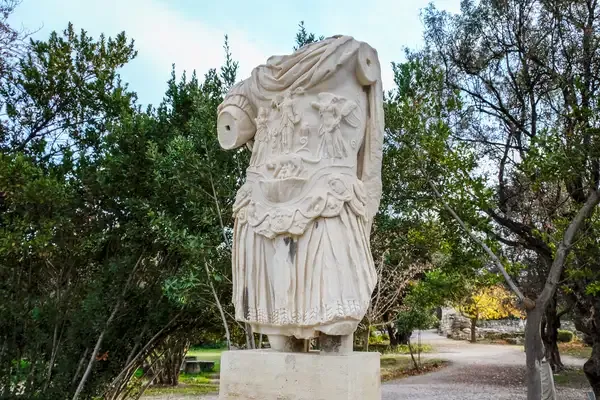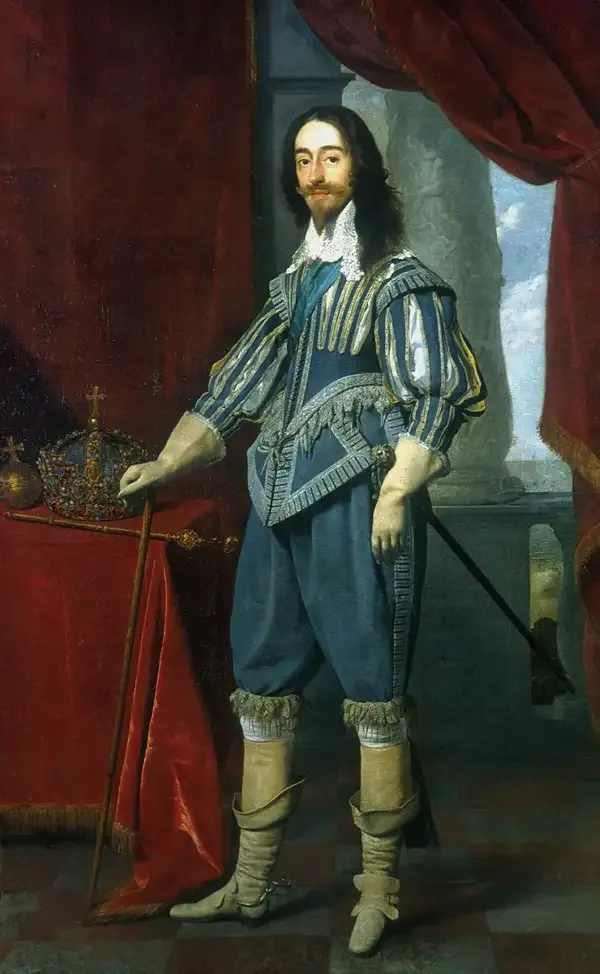Did George Washington Really Say, “I Can’t Tell a Lie”?
The story of George Washington confessing to cutting down a cherry tree and declaring, "I can't tell a lie," is widely regarded as a myth. This tale was popularized by biographer Mason Locke Weems, who aimed to portray Washington as a paragon of virtue and honesty. Historians agree that there's no evidence to support the authenticity of this anecdote. It serves more as a moral lesson than a factual account of Washington's life and character.
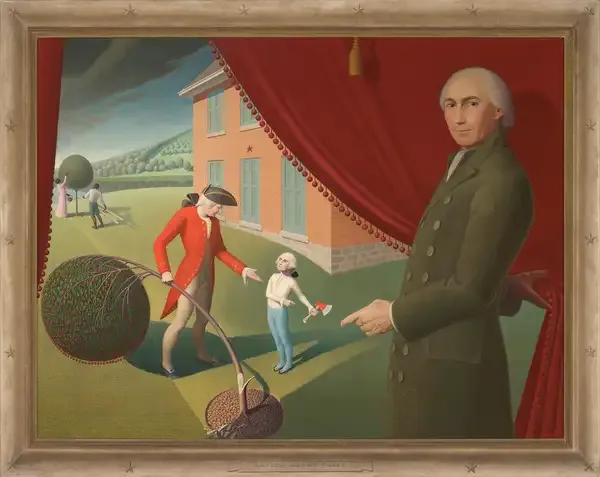
One of the most enduring tales about George Washington, the first President of the United States, is the story of his childhood encounter with a cherry tree. According to this popular anecdote, young Washington confessed to his father that he had chopped down the tree, famously stating, “I can’t tell a lie.” This phrase has become synonymous with Washington's character, embodying the ideals of honesty and integrity. But did he really say these words? To answer this question, we need to delve into the origins of this story and its impact on American culture.
The Origins of the Anecdote
The story of George Washington and the cherry tree was popularized by biographer Mason Locke Weems in his 1806 book, "The Life of Washington." Weems aimed to create a moralistic portrayal of Washington, emphasizing his virtuous character. The cherry tree tale was designed to illustrate Washington's honesty and was not based on documented evidence but rather on anecdotal accounts that Weems collected from various sources.
Was It True?
There is no credible historical evidence that supports the story of George Washington chopping down a cherry tree and confessing to it. In fact, many historians consider it a myth or legend rather than a factual event. The narrative serves more as a moral lesson than a historical account. It is important to recognize that Weems’ intent was to inspire virtue in his readers, particularly children, by portraying Washington as an exemplar of honesty.
The Impact of the Story
The phrase “I can’t tell a lie” has transcended its origin as a mere anecdote to become a cultural touchstone for integrity and truthfulness. This narrative has been taught in schools for generations, reinforcing the image of Washington as a paragon of virtue. It has also influenced how subsequent generations view leadership and honesty, setting a standard that public figures are often held to.
Why the Myth Persists
The endurance of this story can be attributed to its simplicity and the moral clarity it provides. In a world often filled with complex issues and ambiguous truths, the idea of an honest leader resonates deeply. Additionally, the story aligns with the values that the United States was founded upon, making it especially appealing in the context of American exceptionalism.
The Role of Storytelling in American History
The tale of George Washington and the cherry tree exemplifies the American tradition of storytelling in shaping national identity. Stories of foundational figures like Washington help to create a shared cultural narrative that emphasizes certain virtues. This is evident in various forms of media, including books, films, and even educational curriculums that highlight Washington as a symbol of honesty.
Comparative Analysis of Historical Accounts
| Source | Details | Credibility |
|---|---|---|
| Mason Locke Weems (1806) | Popularized the cherry tree story in "The Life of Washington." | Low, anecdotal evidence. |
| Contemporary Historians | Challenge the authenticity of the cherry tree tale. | High, based on research and documentation. |
| Other Early Biographies | Do not mention the cherry tree incident. | High, as they rely on primary sources. |
Modern Interpretations
In today’s context, the phrase “I can’t tell a lie” is often invoked in discussions about ethics and leadership. Politicians, business leaders, and public figures may reference Washington’s supposed honesty as a standard to aspire to. However, the myth also raises questions about the expectations placed on leaders and the complexities of truth in politics. The ideal of unwavering honesty can be a double-edged sword, as it may overlook the nuanced realities that leaders face.
Conclusion
In conclusion, while George Washington may not have actually said, “I can’t tell a lie,” the impact of this phrase and the story surrounding it is undeniable. It encapsulates the ideals of honesty and integrity that are deeply ingrained in American culture. The cherry tree tale serves as a reminder of the power of storytelling in shaping our perceptions of historical figures and the values we hold dear. As we reflect on Washington's legacy, it is essential to discern the line between myth and reality while acknowledging the role such stories play in our collective memory.

